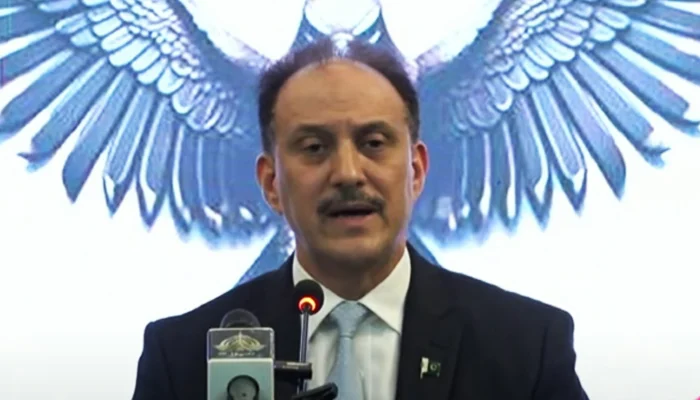The Counter Terrorism Department (CTD) of Karachi, in a joint operation with federal intelligence agencies, has apprehended six individuals alleged to be operatives of India’s Research and Analysis Wing (RAW). The arrests have led to the exposure of a significant terrorist network and its safe houses within the city, marking a critical disruption of foreign-sponsored activities on Pakistani soil.
According to CTD Additional Inspector General Azad Khan, the suspects were arrested on July 8th in connection with the murder of a 45-year-old barber, Abdur Rehman, in Badin on May 18th, 2025. Investigation revealed that the killing was a meticulously planned operation directed by a RAW handler identified as Sanjay Sanjeev Kumar, who is based in a Gulf state. The handler recruited Pakistani nationals, who conducted five days of reconnaissance in Matli before executing the victim outside his shop. CCTV footage and eyewitness accounts placed three of the arrested men at the scene.
A key finding of the investigation was the role of terror financing. Officials stated that RAW spent a substantial amount on the operation, transferring funds through formal bank channels and other sources from the Gulf states to the local operatives. The primary local facilitator, a suspect named Salman, received the money and coordinated with the hit squad before fleeing to Nepal after the attack. This financial trail has resulted in an additional case being registered for terrorism financing.
The CTD official asserted that the operation was a clear example of state-sponsored terrorism, with RAW exploiting a proscribed separatist organization as a proxy. Recoveries from the arrested individuals included pistols, mobile phones, and a motorcycle. With the suspects’ travel history and confessions in hand, the CTD has firmly established RAW’s involvement. Khan confirmed that investigations are ongoing and further arrests are expected as authorities continue to probe bank transactions and the wider network. Pakistan has vowed to internationally highlight these findings as evidence of foreign-backed terrorism.














